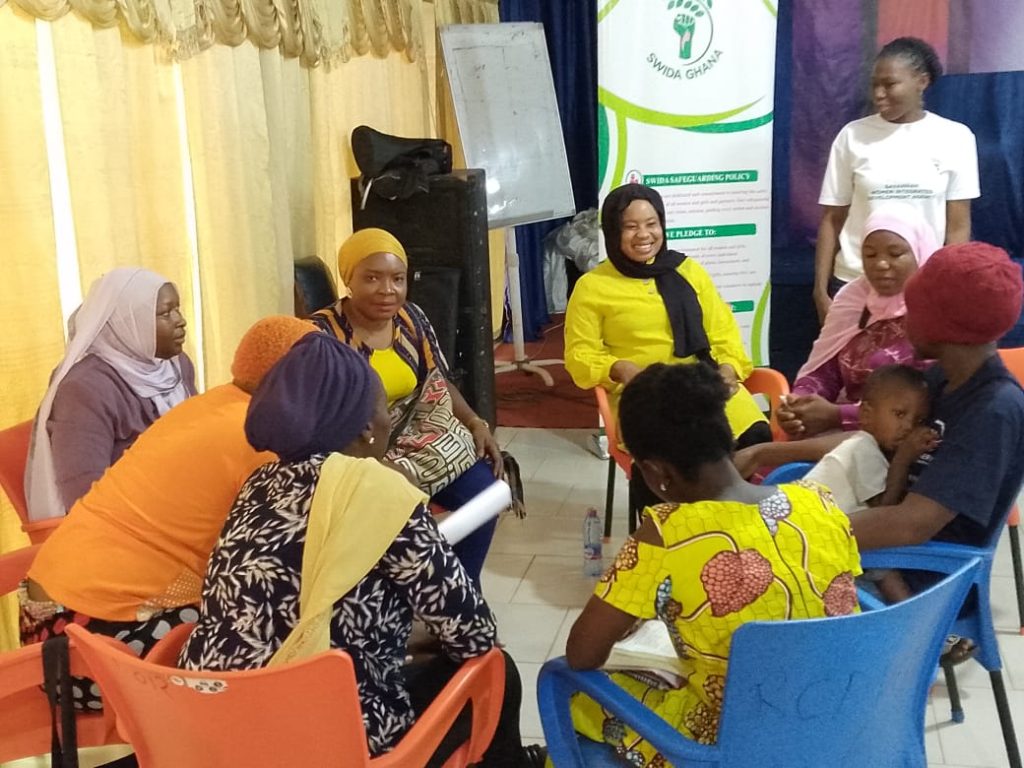By Solomon Gumah
Tamale, March 26, GNA – The Savannah Women Integrated Development Agency (SWIDA-Ghana), an NGO, has been commended for successfully implementing a project aimed at increasing the participation of marginalised communities in electoral and governance processes.
The project titled: “Empowering the Excluded for Increased Participation in Elections and Governance Processes in Northern Ghana”, focused on Fulbe communities, women, and youth across five districts in the Northern Region and four districts in the Savannah Region.
The beneficiary districts included Tamale Metropolis, Sagnarigu, Savelugu, Kumbungu, Tolon, West Gonja, Central Gonja, North Gonja, and Sawla-Tuna-Kalba.
Implemented between October, last year and March, this year, the project received funding support from STAR Ghana Foundation and the Foreign, Commonwealth and Development Office.

It involved various advocacy and capacity-building activities, including sensitization on inclusive governance, fundamental human rights, and electoral processes, trained over 200 individuals from marginalised groups on election-related issues, political party manifestos, and advocacy strategies.
Additionally, coalition groups were formed to promote awareness and inclusivity.
Speaking at the project’s close-out ceremony in Tamale, Mr Yahaya Mohammed, Northern Regional President of the Fulbe Youth Association, said it had positive impact on Fulbe communities.
He said, “This project has not only educated Fulbe communities about their rights and responsibilities but has also connected us with key stakeholders interested in our welfare. For instance, the National Identification Authority has begun registering some of our members for the Ghana Card, which is a crucial step towards inclusive governance.”
He underscored the need for the continuation of the project and said it would further strengthen the fundamental human rights of the Fulbe people.
Mr Mohammed Abdulai Awal, Northern Regional Secretary, Ghana Federation of Disability Organizations, acknowledged the project’s impact on persons with disabilities.
He said, “The training we received enabled many of us to vote independently in the last elections, and we have also acquired advocacy skills, which enabled us present our challenges to the political parties.”
Hajia Alima Sagito-Saeed, Executive Director of SWIDA-Ghana, expressed satisfaction with the project’s outcomes, emphasising the importance of ensuring the sustained participation of excluded social groups in governance.
She urged beneficiary communities to continue advocating for their rights to foster overall development.
GNA
EA/CA